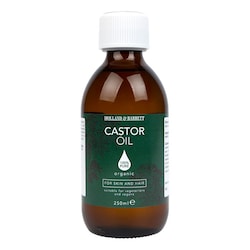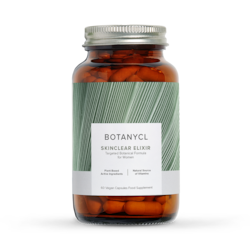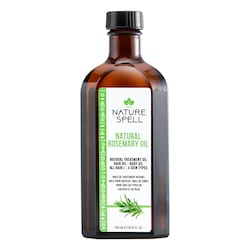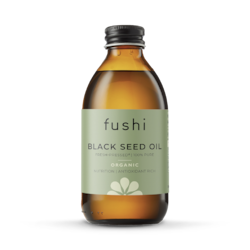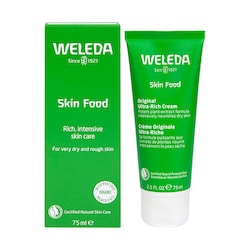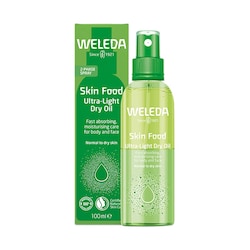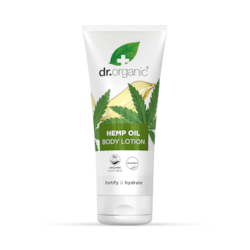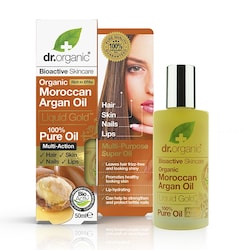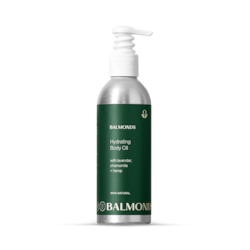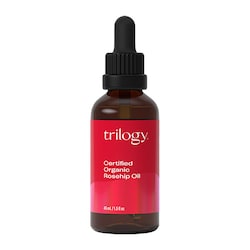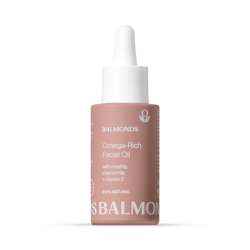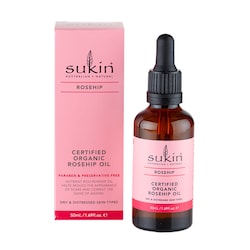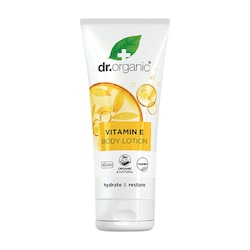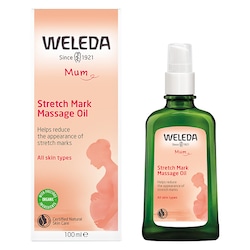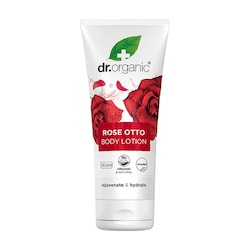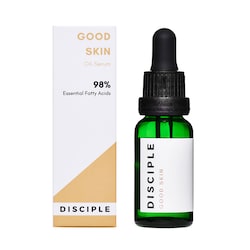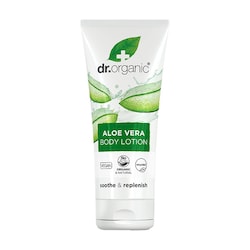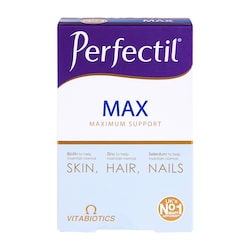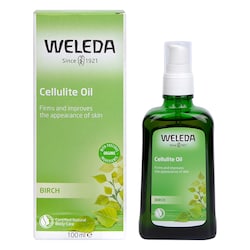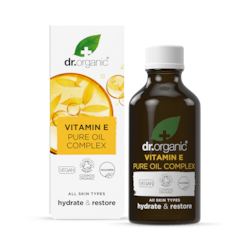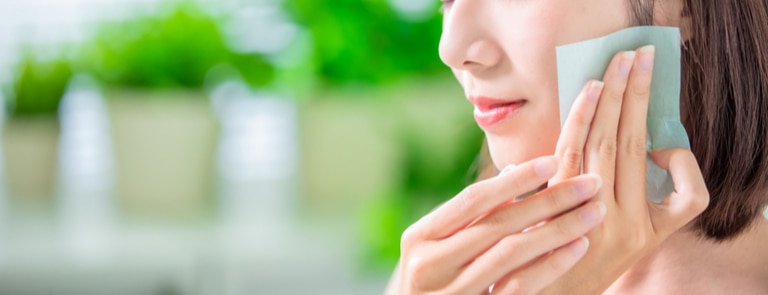15% off £20
Code:BAG
A guide to oily skin

If you have oily skin, it’s important that you have a daily skin care routine that suits your skin type or you could make it worse. Find out more here.
If you have oily skin, it’s important that you have a daily skin care routine that suits your skin type or you could make it worse.
What causes oily skin?
If you have this then your skin has overactive sebaceous glands, which secrete more oil than you need into your hair follicles. Here are just a few reasons why you might have oily skin:- Genetics
- You’re using the wrong kind of skin care products
- Your diet
- Hormone changes caused by puberty or birth control pills
- You’re going through a stressful period in your life
- You’re expecting a baby
- Air pollution
Symptoms of oily skin
Your face will be shiny, your pores will be enlarged and you’ll be prone to acne breakouts, spots and pimples. It’s not all bad news though as people with oily skin usually have less wrinkles and look more youthful than people with dry, normal, combination or sensitive skin. Some people only have oily skin at certain times of the year, when the weather is humid. If you have sections of your face that are oily (typically your forehead, nose and chin) and other sections that are dry, then you have what’s classed as combination skin.How to improve your oily skin quickly
If you’re going through blotting papers like there’s no tomorrow or are always fearful of another spot trying to edge its way to the surface of your slick t-zone, you’re probably left wondering what’s going on. You’re not alone. Oily skin doesn’t have to rule your life as long as you incorporate some fail safe strategies into your skincare regime and make a few healthy lifestyle changes. These will help allow you to get through the day without having to check your shine status every five minutes.Rinse with lukewarm water
If you use hot water to wash your face, stop now! Hot water actually dries the skin out, leading to further oil being produced – definitely not what you want. Try using slightly cooler water when washing in the sink and just turn down the heat a little when showering. You need to wash your face twice a day, more if you exercise because you have to keep your face free from dirt and grime.Use oils
Yes, really! It may sound like the complete opposite of what you should do – grease on top of grease? However by putting oil directly onto your skin, it can help trick it into thinking it’s already produced enough and voila; the amount of oil production decreases. Try this if you need some convincing.Gently scrub
You can still use exfoliants on your skin but be super careful with what type and how much pressure you are applying. The skin on your face is delicate and should be treated with love and affection. Make sure you pick a scrub suitable for oily skin, such as this botanically effective one, and gently massage it in using slow and circular movements.Use the correct skincare products
You should choose products that have been specifically formulated for oily skin, and using a good cleanser and moisturiser is a must. You don’t want to use harsh soaps or products that dehydrate your skin as they will cause the upper layers to shrink and you’ll end up with more acne breakouts. Products that contain alcohol are a big no-no.Try blotting
You can also use blotting sheets or tissues to absorb some of the oil from parts of your face that are particularly oily. Make sure you’re not too rough when blotting or you could cause irritation. You’ll need to take extra care when applying makeup as you don’t want to block your pores by wearing too much.Diet changes
If you are trying these methods and still failing to see an improvement, it could be that the issue goes deeper. Hormones can be the reason for oily skin, so it’s important to pay attention to what you’re putting into your body. Try to cut back on processed foods and focus on eating fresh fruits and vegetables. Cooking in oil isn’t advised and if you currently eat lots of processed food you might want to cut down and eat more fresh food instead. As well as rethinking your diet, you might need to drink more water to keep your skin hydrated, exercise more to get your blood pumping and sleep more, especially if you’re getting less than seven or eight hours a night. If you find these small changes to your skin care routine and lifestyle don’t work, then you can always make an appointment to see your doctor. They may be able to prescribe a hormone treatment or something that will help regulate how much oil is produced by your glands.Shop our Natural Beauty range.


